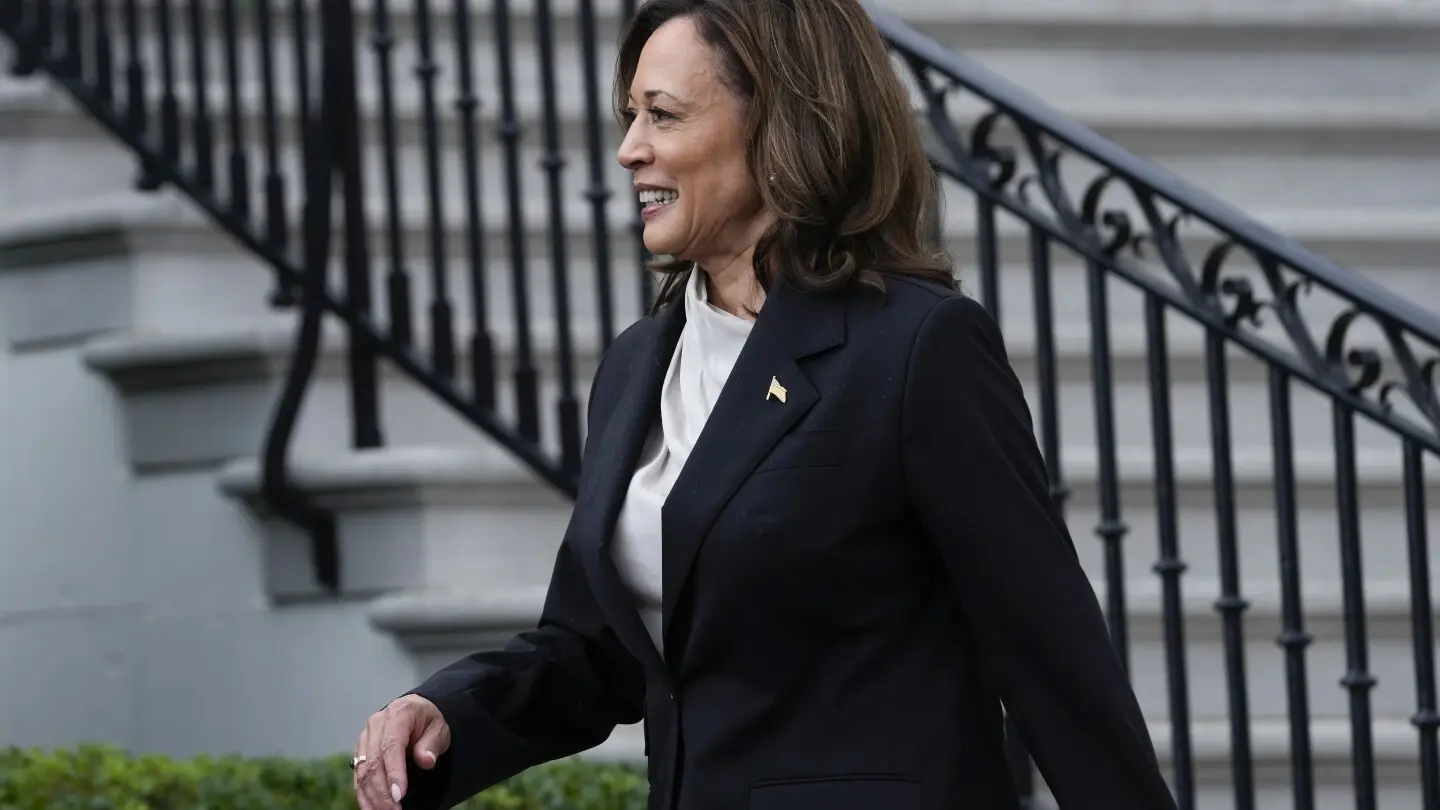The highest 24-hour fundraising total, surpassing Trump’s post-conviction and (likely, given that they refuse to disclose it) post-assassination totals.
888,000 small donors, 500,000 of whom were first-time donors for this campaign cycle.
That’s the engagement and energy we should have been having this whole time. That’s the kind of engagement and energy that landslides Trump.



More detail on the topic https://fivethirtyeight.com/features/money-and-elections-a-complicated-love-story/
…
…
…
…
…